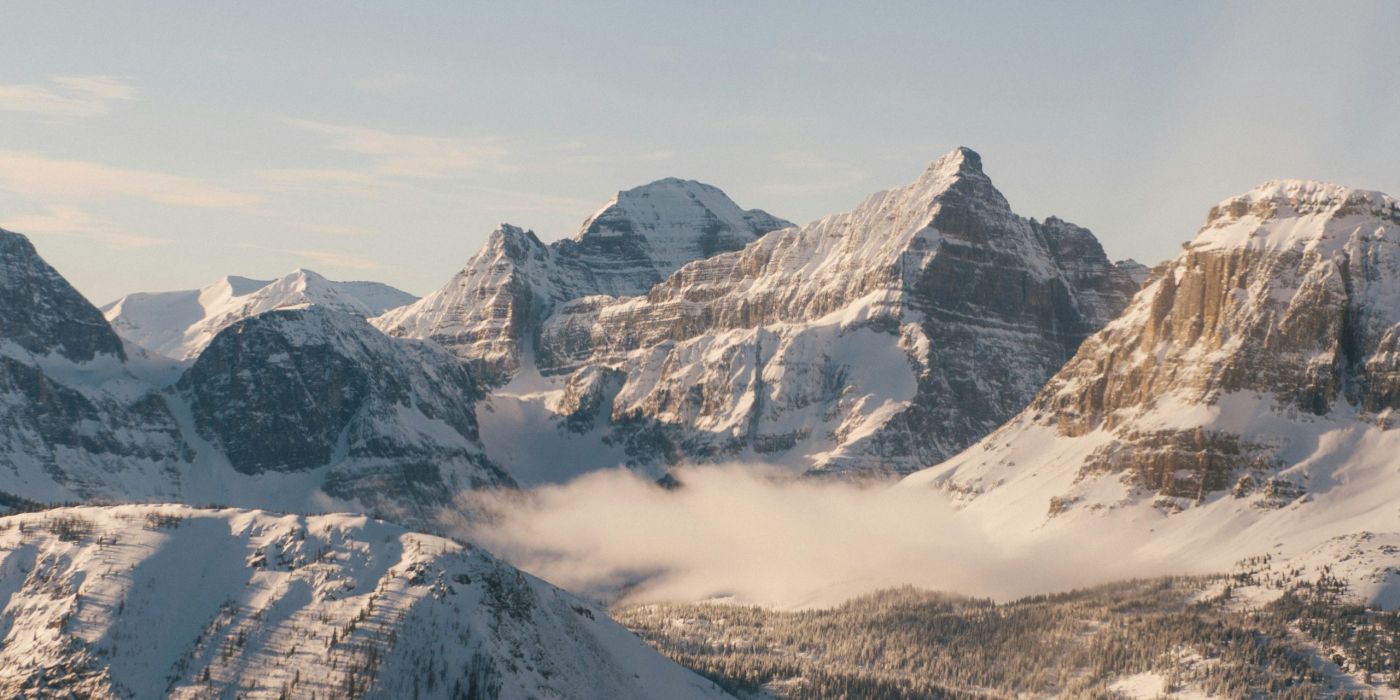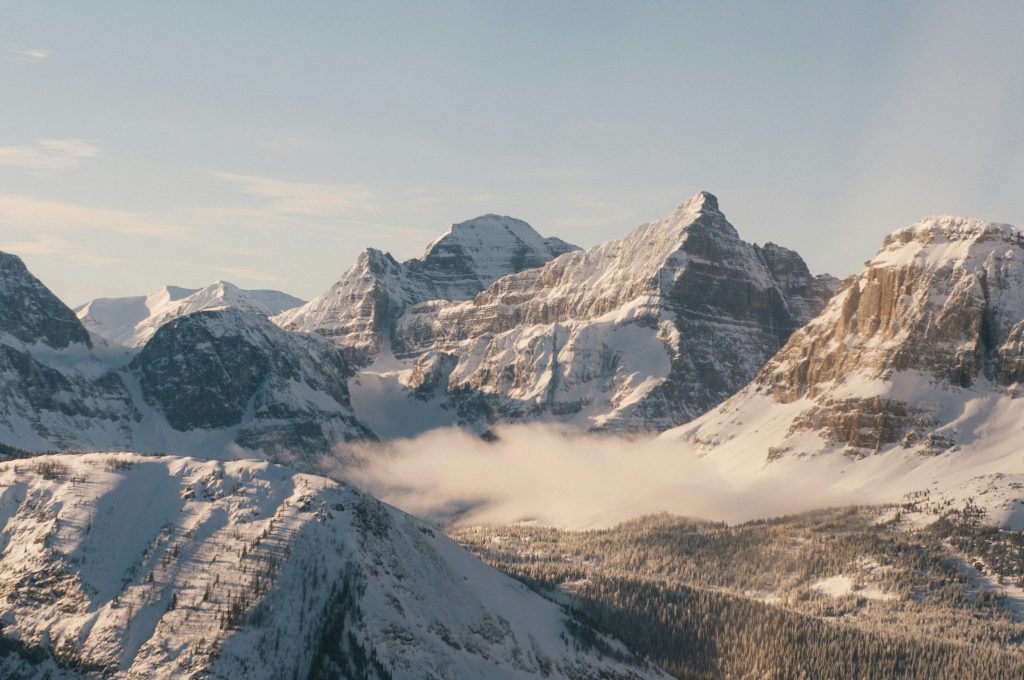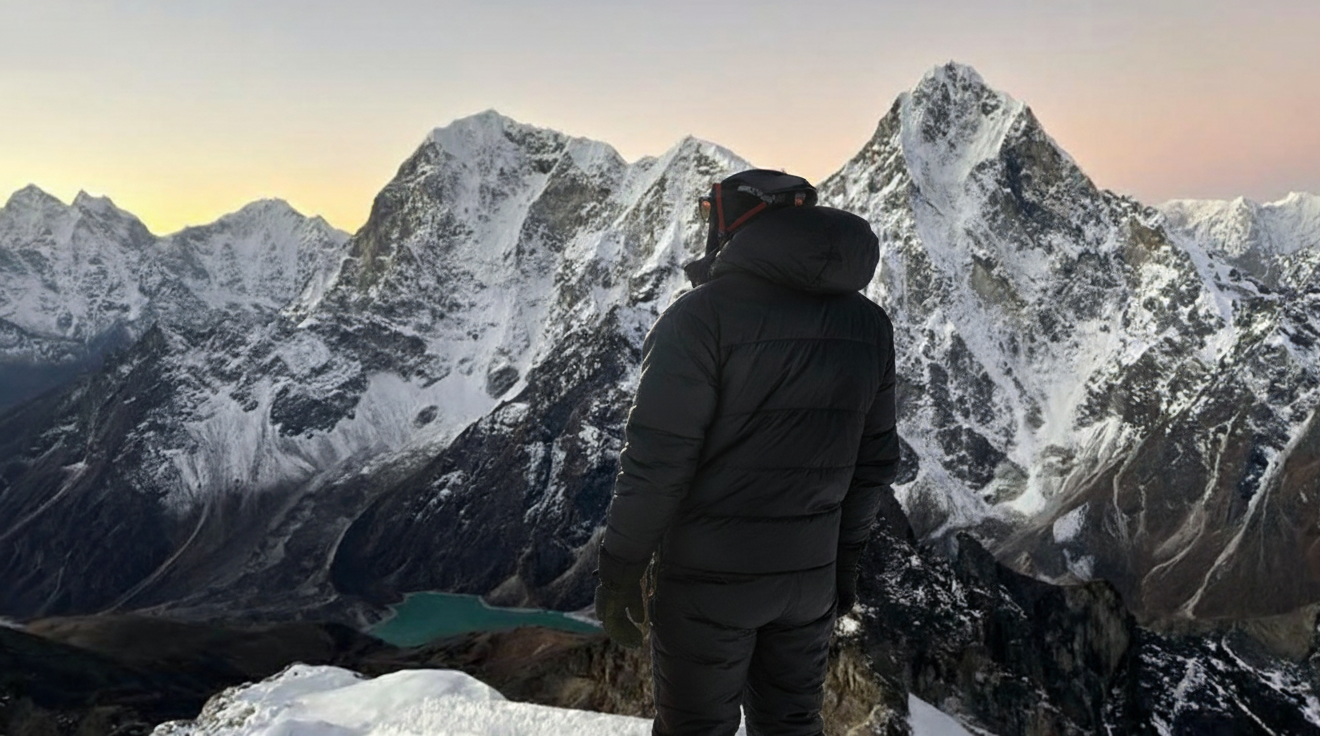Hiking in Canada? We’ve got you covered

If you’re someone from North America who plans to trek the rugged trails of the Himalayas, Andes, Patagonia or if you’re simply a fellow Canadian friend of ours who just wants some exercise, this post is for you. There’s no better place to get some fresh air than Canada’s stunning and demanding wilderness. So forget the treadmill; the key to successful trekking is long days, serious elevation, and an uneven, rocky trail.
The Canadian mountains, especially the Rockies and the Coast Mountains, are your perfect high-altitude prep school. Here are a few top-tier Canadian hikes that will forge the endurance, leg strength, and mental grit you need for your next big adventure.
The Canadian Rockies

The Canadian Rockies/Canadian Rocky Mountains is the Canadian segment of North America’s Rocky Mountains, straddling the provinces of British Columbia (BC) and Alberta. They are famous for their sheer, intimidating peaks and offer some of the best-sustained climbing and multi-day treks to simulate the demands of high-altitude travel.
1. The Iceline Trail – Yoho National Park, BC
- The Vibe: A breathtaking day hike or overnight loop that takes you into the alpine zone, right up close to glaciers and icefields.
- Why it Preps You: It’s a gut-busting ascent right from the start, providing a significant elevation gain over a short distance. This is perfect for training your body to hike hard when your legs are already tired. The views are so rewarding you’ll forget you’re training!
- Training Focus: Steep ascents and uneven terrain with a full pack if you do the overnight loop.
2. The Skyline Trail – Jasper National Park, AB
- The Vibe: One of the most famous long-distance trails in the Rockies. Over two to four days, the majority of the hike is spent above the treeline—a fantastic simulation of high-altitude exposure (without the low oxygen).
- Why it Preps You: This trail will test your endurance over multiple days of sustained effort with a full pack. You’ll cover long distances, tackle varied terrain (including a high pass), and experience unpredictable weather—all essential for a major trek.
- Training Focus: Multi-day endurance, pack weight management, and mental resilience in exposed landscapes.
3. Sentinel Pass – Banff National Park, AB
- The Vibe: A popular but spectacular day hike near Moraine Lake, known for the Larch Valley in the fall (a must-see!).
- Why it Preps You: The trail features a long, steady climb followed by an incredibly steep series of switchbacks up to the pass. This forces you to use the “trekker’s pace”—slow, steady, and relentless—which is the key to conquering high passes elsewhere in the world.
- Training Focus: Slow-and-steady pacing on steep grades and high-step leg work.
Coastal & Western Canada: Rugged and Technical
For a different type of challenge that focuses on technical footwork, long climbs through dense forests, and a true test of grit, look to the Coast Mountains.
4. The Grouse Grind – Vancouver, BC
- The Vibe: Affectionately known as “Nature’s Stairmaster,” this is a punishing 2.9 km trail straight up Grouse Mountain.
- Why it Preps You: While it’s short, it’s a pure, relentless cardio burn with a massive elevation gain in a small package. This is a non-stop leg and lung workout that will improve your cardiovascular fitness faster than almost anything else. It’s the perfect mid-week training hit.
- Training Focus: Cardiovascular capacity and stair-climbing strength (great for those long days of ascent).
5. West Coast Trail – Pacific Rim National Park, BC
- The Vibe: A world-renowned 75 km backpacking route along the rugged and often muddy coastline of Vancouver Island.
- Why it Preps You: This trek is a total body workout that demands balance, core strength, and technical foot placement. You’ll be climbing up and down hundreds of ladders, navigating deep mud, crossing rivers, and scrambling over root systems. If you can handle the WCT, you can handle almost any trail.
- Training Focus: Technical balance, core strength, and all-weather preparation.
The Trek Prep Checklist
Your Canadian training hikes aren’t just about fitness; they’re about dialing in your trek strategy.
- Test Your Gear: Treat your training hikes like mini-expeditions. Wear your trekking boots (break them in!), use your trekking poles, and pack the backpack you plan to take overseas with a similar weight. Find out what chafe points need addressing now, not on day three of your main trek.
- Practice Your Pace: The secret to high-altitude trekking is being “unpleasantly comfortable.” You should be able to hold a conversation while hiking. Use Canada’s tough climbs to find and maintain that steady, conversational pace.
- Eat and Drink: Practice eating and drinking on the move. Dehydration and under-fueling are trip killers. Get used to consuming two to three litres of water and calorie-dense snacks throughout the day.
Lace up those boots! The world’s great trails are waiting, and your Canadian training ground is the perfect place to get ready.


